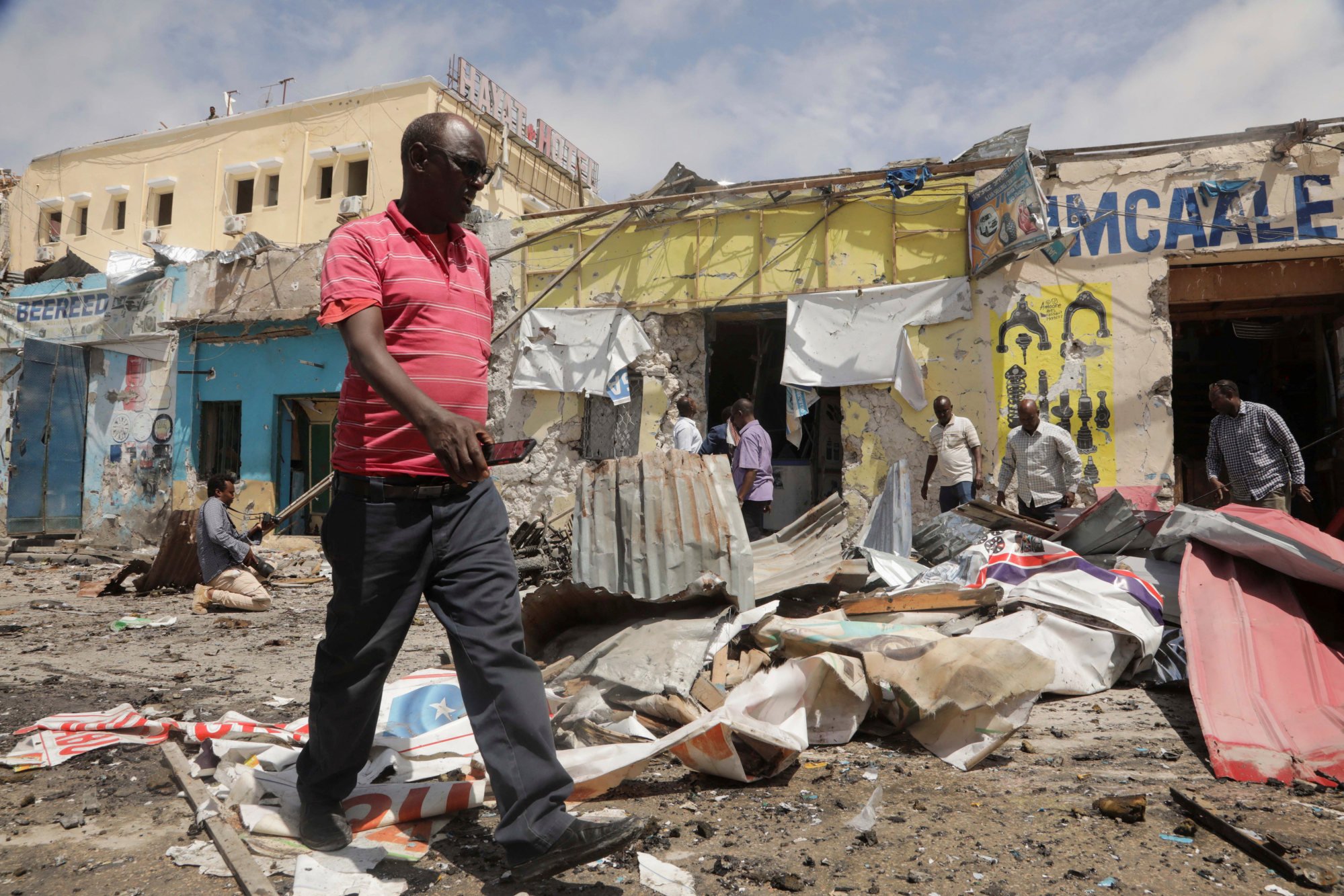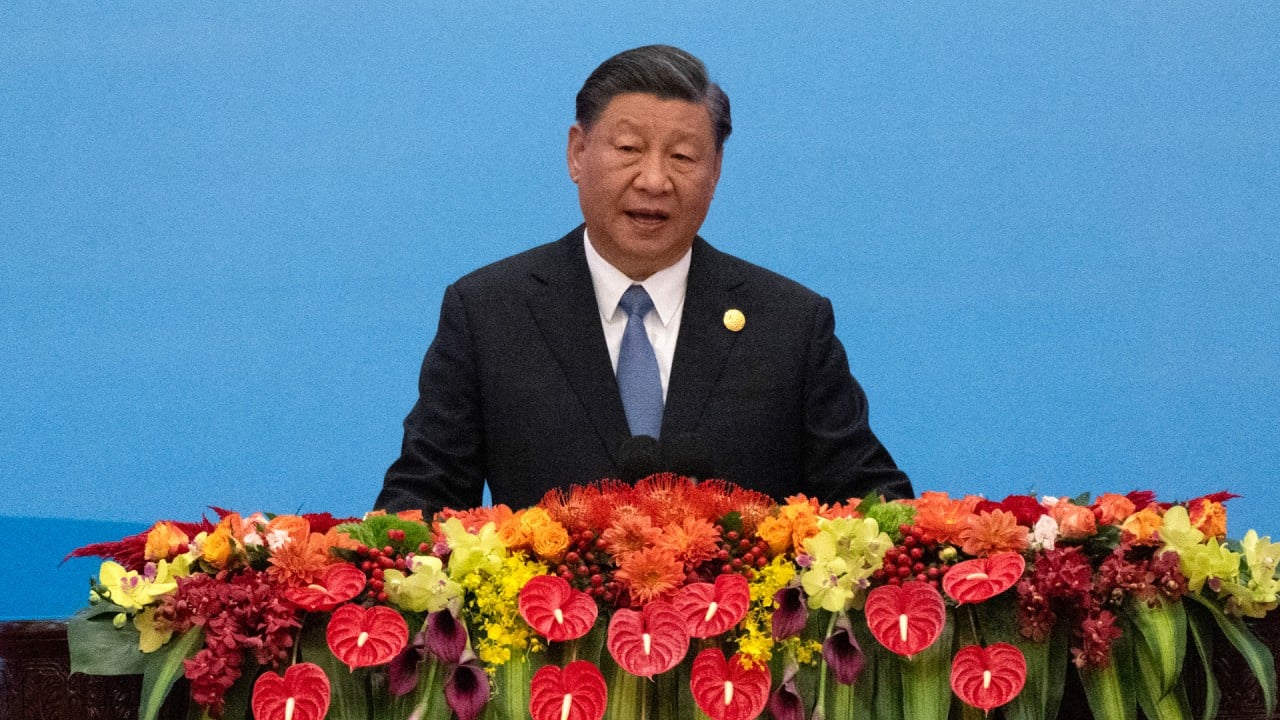“When statements like that are issued, then it is because the early warning systems that the Chinese embassies have been investing in have picked up potential flashpoints or threats,” he said.
“China does a much better job nowadays than say 10 years ago, in terms of surveillance of security incidents.”
African coups make life difficult for China’s belt and road projects
African coups make life difficult for China’s belt and road projects
In the past, Nantulya said, there was a sense that China saw its political connections with the ruling elites as enough to provide a security blanket. But that is no longer the case.
He explained that is because local partners might not have the capacity or the political will to assist, or their attention might be diverted elsewhere.
“There is a sense within the Chinese security establishment that China needs to begin addressing these security concerns increasingly on its own using its own resources and using its own response mechanism,” Nantulya said.
Andrew Franklin, a Kenya-based security analyst and former US marine, said there has been a significant increase in the number of Chinese people living and working in Nairobi.

And since the end of Covid restrictions, those Chinese citizens have begun going out and about right across Nairobi. Franklin said they are often found at entertainment venues popular with expats and wealthy Kenyans.
“The embassy alert shows cognisance of enhanced security threats from al-Shabab as well as the growth in ordinary crime caused by the declining economy and the apparent inability of police to respond to rising insecurity,” Franklin said.
“The Chinese embassy is acting responsibly and with well-considered concern to warn its citizens to remain alert and to exercise reasonable caution, especially when mixing with Americans and other Westerners.”
Al-Shabab have carried out attacks in Kenya ever since it sent troops into Somalia in 2011 to fight the al-Qaeda-affiliated jihadists.
Hansen said al-Shabab have also pledged to fight against the Israeli effort in Gaza.
“This might motivate them to plan attacks,” he said.
As a key US ally in East Africa, Kenya has borne the brunt of security threats, and has suffered deadly terror attacks. These included one in 2015 when gunmen stormed Garissa University College, killing 148 people.
There have also been terror incidents in shopping centres and hotels frequented by foreigners, such as the Westgate shopping mall attack in September 2013 when masked gunmen killed 67 people, and an attack at the upscale Dusit hotel complex in 2019 which saw 21 die.
As well as the Chinese embassy in Kenya, the embassy in the Democratic Republic of the Congo frequently warns its citizens – mainly against visiting Eastern Congo where the “security situation is complex and severe, and the security environment continues to deteriorate”.
Nantulya said China is getting a lot more vocal about security threats in different countries and regions – not only in Africa but also in Asia and Latin America – and “a lot more frequently than in the past”.



